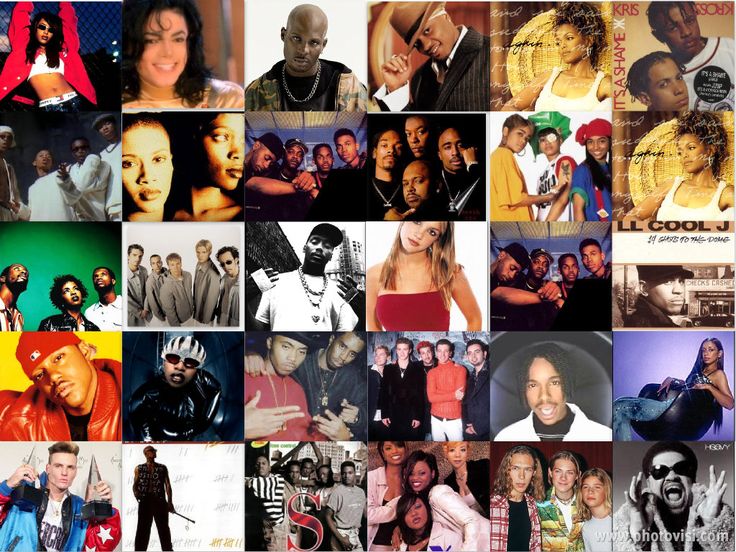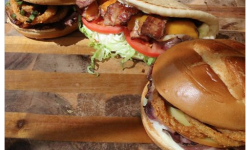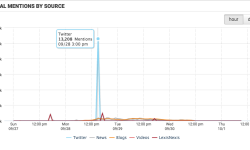By Ryan Laffler, Account Manager

90s music! Image from Google.ca
Imagine: you’re a musician in the early 90s, you just finished up your first album, and you want people to hear it. But how? You call your family and friends to tell them about it, you send CDs to every radio station in a three hour radius, and you book as many live shows as your sanity and gas budget will allow. Even then, you have a nearly impossible up-hill climb to professional, let alone financial, success. Not too long ago, this was how most musicians had to market themselves. That is, until…
Social media and music. With the invention of MySpace in 2003, musicians suddenly could develop their brand and interact with their fans in a whole new way. Here are 4 ways that this pivotal moment revolutionized the music industry forever…
Brand Management
Musicians have more control over their brands than ever. Talk to and answer questions from fans in real time, frequently post photos and videos of your practice sessions or of you experiencing life as usual – all of these marketing and PR tactics help musicians manage their brand without the need of… say, a record company or publicist. While larger artists still use these kinds of resources, social media allows smaller, up-and-coming artists to manage and promote their brand in a way that is cost-effective and uniquely personal.
Personal Connections
To a fan, a favorite musician is often held up on a pedestal – an idol that is both deeply relatable and untouchable at the same time. I remember being young and imagining meeting a favorite musician of mine. Up until recently, it was not uncommon for fans to write letters to their favorite musicians. It was always a longshot, most fans would never receive anything back, or, if they did, it was a copy-and-paste kind of response. It was rare to ever achieve a personal connection with a big-name artist – as if they had this massive, mysterious wall around them.
Social media tore down that wall.
Artists can respond to fans now almost immediately. Types of responses range from written comments, to “likes”, to retweets, etc. Some platforms encourage timely responses, such as Facebook, which tracks how long it takes a page-owner to respond and then showcases their response time to the public. Sure, “liking” a post is a relatively limited form of communication, but it has the potential to turn an every-now-and-then listener into a brand loyalist.
Exclusive Offers
There are many ways a musician can reward their fans on social media. One platform called Periscope allows users to livestream video from their smartphones. John Mayer was one of the first musicians to use the service effectively, frequently livestreaming himself playing guitar or going about his daily life. Some users archive their videos after they are done streaming, but for most cases, if you want to watch the livestream, you have to watch it when it happens.
Exclusive offers are not limited to Periscope, though. A musician can offer new music exclusively through a specific social media platform. On Soundcloud, for example, I have seen artists release tracks for free, but you can only download it if you are following his or her soundcloud page. Exclusive offers reward fans and help build brand loyalty.
Social media is an ever-changing landscape, and there is no telling how it will continue to change the music industry in the future. The key is to be able to adapt quickly. To find out how your business can quickly adapt to optimize and conquer the digital frontier, call us at (828)259-9910.





